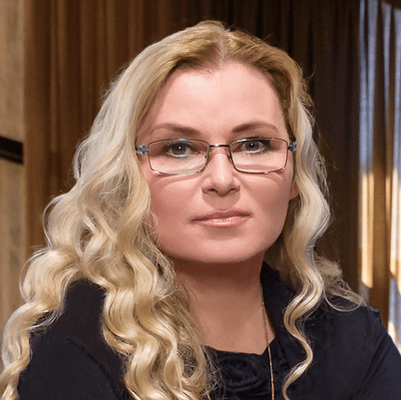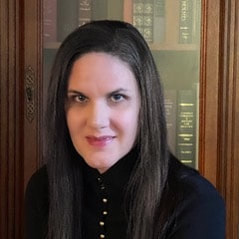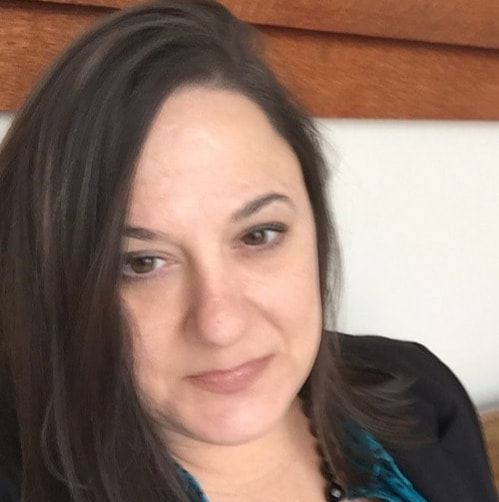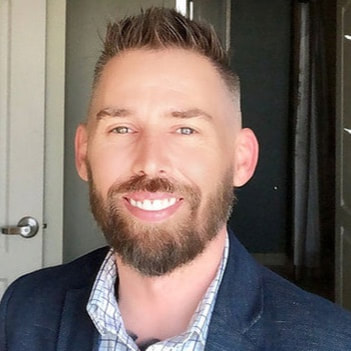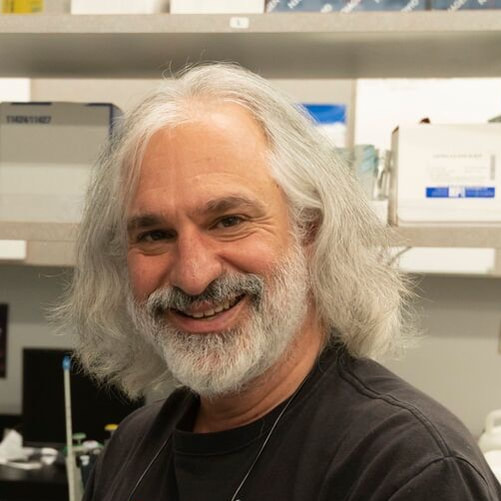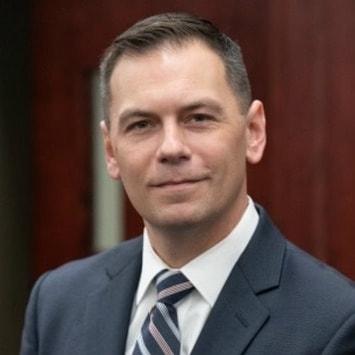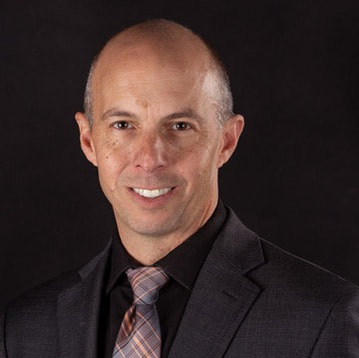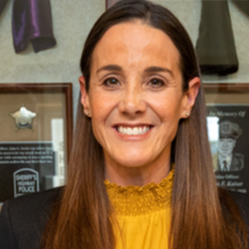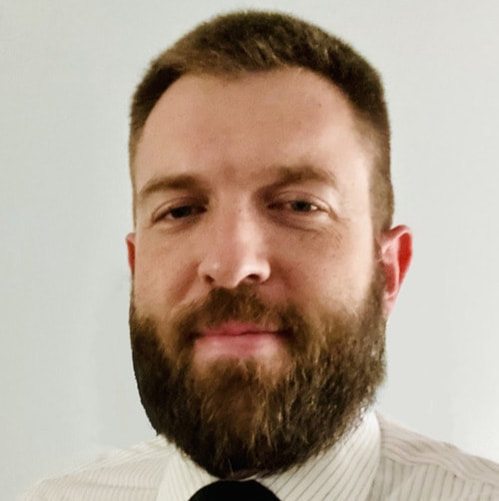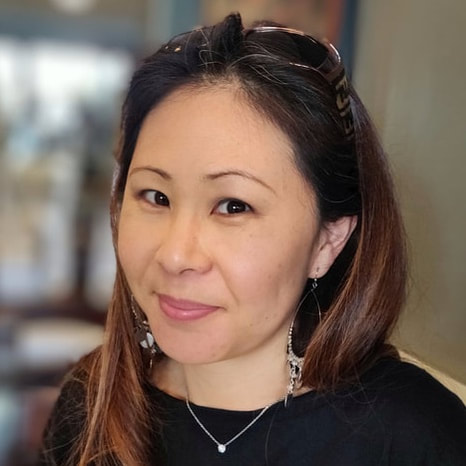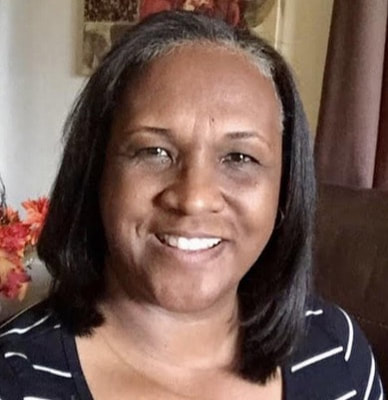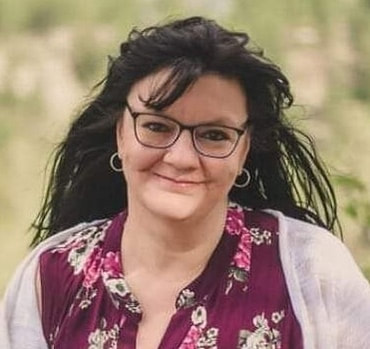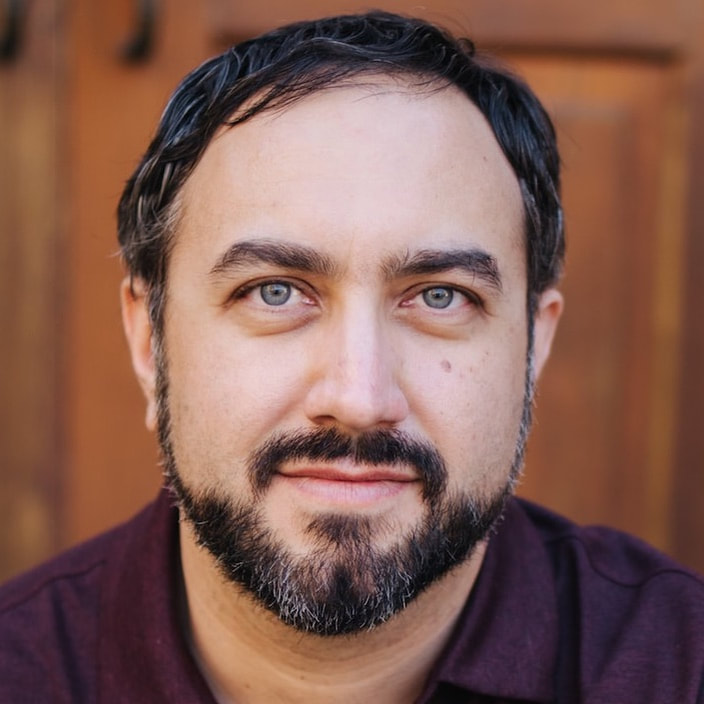Advisory Board Members
IGGAB's Advisory Board encompasses subject matter experts in a broad range of IGG-related disciplines, including genetic genealogy, bio-ethics, legal, forensic science, bio-informatics, law enforcement and academia. Our current Advisory Board includes the following individuals, and will be updated as more stakeholders are welcomed to the team. Our Advisory Board members bring diverse perspectives and are actively providing valuable input to the creation of the standards, code of ethics and best practices, as well as core competencies and exam development.
|
CeCe Moore
CeCe is a pioneer in the field of genetic genealogy since 2010, a prolific educator, featured lecturer and leader, and the respected authority on investigative genetic genealogy. She has been a long-time advocate of genetic genealogy accreditation and best practices in the field. Most recently, CeCe has led the Parabon Genetic Genealogy Team to an unparalleled record of successful identifications of violent criminal suspects and unidentified decedents. CeCe’s work with law enforcement, including dozens of cases which have been adjudicated, brings a wealth of experience to IGGAB. She plays a key role as both a founding board member and valued advisor. |
|
Christi Guerrini, JD, MPH
Christi is Assistant Professor in the Center for Medical Ethics and Health Policy, and Director of the Health Policy Pathway, at Baylor College of Medicine (BCM). In these roles, she teaches health policy and medical ethics and conducts research on the ethical, legal, and social implications of genetic and other biotechnologies. She is co-Principal Investigator (with Amy McGuire) of the ForenSeq Project, a multiyear study funded by the National Institutes of Health to understand public preferences and policy options for Investigative Genetic Genealogy. She is also a member of the Investigative Genetic Genealogy Working Group of the Scientific Working Group on DNA Analysis Methods (SWGDAM). Christi has published on Investigative Genetic Genealogy and other topics in scientific journals, traditional law reviews, and online media. Prior to joining BCM, Christi practiced intellectual property and commercial law. |
|
Tracey Dowdeswell, PhD
Tracey is an academic and an author who has written extensively about forensic DNA and the use of scientific and statistical evidence in the criminal justice system. She received a degree in biochemistry and worked as a geneticist before obtaining degrees in common and civil law from McGill University. She practiced criminal and refugee law in Vancouver, BC for many years before obtaining an LLM and a PhD from Osgoode Hall Law School in Toronto. She maintains a database of cases cleared using Investigative Genetic Genealogy and has published her work in leading forensic science journals. She teaches courses on criminal law, evidence, and procedure, as well as professional ethics and responsibility. |
|
Blaine Bettinger, PhD, JD
Blaine is a professional genealogist specializing in DNA evidence. In 2007 he started The Genetic Genealogist, one of the earliest blogs on the topic. He is the author of The Family Tree Guide to DNA Testing and Genetic Genealogy, and co-author with Debbie Parker Wayne of the award-winning Genetic Genealogy in Practice, the world’s first genetic genealogy workbook. He also co-authored “Genetics for Genealogy” with Judy Russell in 2018’s Professional Genealogy: Preparation, Practice & Standards (Elizabeth Shown Mills, Author and Editor). Blaine has taught genetic genealogy courses at the Institute of Genealogy and Historical Research, Salt Lake Institute of Genealogy, Genealogical Research Institute of Pittsburgh, and Virtual Institute of Genealogical Research. He is a trustee for the New York Genealogical and Biographical Society, and President of the DNAngels Board of Directors. |
|
Catherine B. W. Desmarais, CG
Catherine is a full-time professional genealogist, author and educator, and owner of Stone House Historical Research, a firm specializing in forensic genealogical research for probate, real estate, and military repatriation cases. She has held the Certified Genealogist® Credential from the Board for Certification of Genealogists since 2011. Catherine serves on the BCG’s DNA Committee and is a founding member of Association for Professional Genealogists’ Forensic Genealogy Special Interest Group. She earned master’s degree in Education from the University of Vermont and coordinates forensic genealogy courses at genealogical institutes. Her research has been presented in several genealogical publications, including the National Genealogical Society Quarterly. |
|
Leigh Clark, MS
Leigh is the Deputy Director of Forensic Services for the Florida Department of Law Enforcement, and together with the FDLE Forensic Services Director’s Office, shares statewide oversight and support of a multi-site laboratory system offering 10 forensic disciplines and two support services, including the Florida DNA Investigative Support Database (CODIS). In nearly 20 years with FDLE, she has held numerous roles and served as a DNA Technical Leader for more than a decade. Prior projects she has helped manage include technical and program oversight of the previously untested rape kit backlog, the FDLE Familial Search program and work with FDLE's Genetic Genealogy Investigations Team. She is passionate about using science for greater good and helps to bridge the gap between crime scene and courtroom for cases where evidence handling strategies as well as advanced DNA testing technologies and genetic genealogy investigations support are applicable. |
|
Daniel Hellwig
Daniel is the Director of Laboratory Development at Intermountain Forensics, a nonprofit DNA testing laboratory providing forensic DNA sequencing services for IGG investigations. He holds an M.S. in Forensic Science and is a 19+ year veteran of both public and private crime forensic DNA laboratories, serving in roles from DNA analyst to technical leader and executive management positions. Additionally, he has provided training to hundreds of Forensic DNA labs and conferences on a variety of different topics. Armed with a black belt certification in Lean/Six Sigma process improvement and extensive experience in both quality and operational leadership, he provides executive oversight, develops and maintains laboratory partnerships, case consultation and directs the future development of the laboratory. |
|
Greg Hampikian, PhD
Greg has a joint appointment as both a Professor of Biological Sciences and Professor of Criminal Justice at Boise State University. Additionally, he is the Co-Director of the Idaho Innocence Project and Director of the Forensic Justice Project at BSU. He has a special interest in the use of Advanced Forensic DNA Technology, and through his work with innocence organizations and law enforcement, has helped free more than three dozen wrongfully convicted prisoners, and helped identify new suspects in six of those cases. Greg is passionate about using cutting-edge DNA to help reveal long-hidden truths. |
|
John Kellner, JD
John is the District Attorney for the 18th Judicial District in Colorado, which includes four counties and more than 1.1 million people. After earning his undergraduate degree from the University of Florida, he joined the U.S. Marine Corps, and later came to Colorado for law school at the University of Colorado-Boulder. After earning his law degree, he served five year on active duty with the Marines, including a deployment to Afghanistan as a deputy judge advocate. John then served as a prosecutor in the Boulder County District Attorney’s Office, before coming to the 18th in 2013 to head up the office’s Cold Case Unit. In 2016 he was recognized by the Colorado District Attorney’s Council as “Prosecutor of the Year.” |
|
Ken Carriere, BA
Ken is from Winnipeg, Manitoba and was educated at the University of Winnipeg. His ambitions to pursue a career in law enforcement brought him to western Canada in 1998, where he was hired by the Calgary Police Service and began his current role as a detective in 2003. During his time with CPS, he has worked within the General Investigations Unit, the Organized Crime Unit, and the Homicide Unit. After working in Homicide for nearly 10 years he transitioned to the Cold Case Unit, where he was introduced to the practical application of Investigative Genetic Genealogy in 2019 along with many other Law Enforcement Agencies across Canada. Having been fortunate enough to have worked and resolved several IGG cases, he enjoys helping other agencies with their use of the technique. |
|
Ginny Gleason
Ginny is a Detective with the Cook County Sheriff's Police Department in Illinois, where she's served since 2011. She began her law enforcement career as a Correctional Officer and was later promoted to the position of Police Officer and then Police Detective. Ginny was honored to receive the Police Officer of the Year Award from the International Association of Chiefs of Police in 2021 for leading and closing a two year long investigation of a double murder cold case. Ginny is a volunteer genetic genealogist, a skill she acquired while investigating the cold case double murder. Prior to her career in law enforcement, Ginny competed in the sport of softball, both as a Division I athlete for the University of South Florida, as well as for the Greek National Team in the 2004 Olympic Games in Athens, Greece. She holds a degree in Criminal Justice from University of South Florida. |
|
Eric Hendershott
Eric currently serves as a police officer in Ohio, and he has been a detective at his agency since 2018. He has a bachelor's degree from the University of Akron in Political Science, and he holds a MS in Criminal Justice Leadership and Management from Sam Houston State University. Eric's interest in IGG started with a Doe case he investigated as a detective. Eric completed advanced training in genetic genealogy for law enforcement, and he has been a volunteer investigative genetic genealogist and Team Leader with the DNA Doe Project since 2019. In his free time, Eric enjoys traveling, hiking, bicycling, camping, trying new foods, and watching true crime documentaries. |
|
Nancy Rissi
Nancy has been a coroner sergeant at the Riverside County Sheriff Coroner's Office since 2006. She plays a pivotal role in overseeing the Coroner Unidentified Team and actively contributes to the Riverside County Regional Cold Case Homicide Team. Nancy's focus centers on the crucial task of identifying unidentified human remains, offering solace and closure to grieving families. As a coroner sergeant, Nancy is keenly aware of the incredible potential that IGG is for UHR's, and her team has already utilized the tool to successfully resolve eight cases in just three years. Nancy is also the organizer of Riverside County's Missing Persons Day, providing vital support to families in their relentless pursuit of locating their loved ones. Nancy holds a Bachelor of Science degree in Biochemistry. |
|
Janel Cherry Daniels
Janel is an experienced practitioner in the field of Investigative Genetic Genealogy, specializing in unidentified human remains. Her advanced skills and experience are also in demand for cases that require research expertise in African American lineage. Currently she serves as DNA Doe Project’s Liaison Team Leader for the 1921 Tulsa Race Massacre DNA Identification Project, working in partnership with Cold Case Coalition, to help identify unknown remains thought to be the victims of the 1921 Tulsa Race Massacre. Janel also conducts genealogical workshops, helping others learn how to do their own family ancestry research as well as assisting adoptees and others with unknown parentage, to discover their biological roots. As a former law enforcement officer with 25 years’ experience, she has unique perspectives and skills she brings to the field of IGG. |
|
Cairenn Binder, MS, RN
Cairenn is the Director of the IGG Certificate Program at Ramapo College of New Jersey and the former Director of Education at DNA Doe Project. Cairenn is among the most experienced practitioners of IGG, having applied the practice to unidentified remains at DNA Doe Project since 2018. She has successfully implemented IGG curriculum, using her background in healthcare education and quality assurance to inform her endeavors in IGG education. In 2022, Cairenn co-founded Coast to Coast Genetic Genealogy Services to fulfill the need for additional IGG practitioners to generate leads in violent crimes. She values practitioner transparency and ethics in IGG, in hopes that the practice will enduringly be used to seek justice for victims, the wrongfully convicted, and the unidentified. |
|
Trish Bird
Trish is an indigenous Investigative Genetic Genealogist from British Columbia and a member of the Couchiching First Nation. Her investigative experience began in early 2020 with the DNA Doe Project, where she serves as a volunteer investigative genetic genealogist, Case Team Leader and the Indigenous Liaison. In May 2021 she founded the Indigenetics Advisory Society, a Canadian not-for-profit organization which advocates for the utilization of IGG as a response to the MMIWM2S crisis and the discovery of thousands of unmarked Residential School burial sites in Canada. Trish has over 30 years experience in genealogy research, with a focus on genetic genealogy, indigenous case work, birth family research and family studies. |
|
Kevin Lord
Kevin is Director of Bioinformatics at Intermountain Forensics and has performed bioinformatics analysis of sequencing data for hundreds of samples for the purpose of IGG, leading to many dozens of case resolutions. This includes many extremely challenging unidentified human remains cases, providing usable genotype files leading to identifications of decedents from as early as the 19th century. He has been involved with the field of Investigative Genetic Genealogy since nearly the beginning, joining DNA Doe Project in 2018. Through his various roles over the years, he has gained a deep understanding of all facets of IGG. In addition to performing bioinformatics, he has also acted as case manager / team lead for many dozens of cases using various lab pipelines and has performed genetic genealogy research that has led to many successful identifications. |
IGGAB is a tax-exempt 501(c)3 non-profit - EIN: 92-1559358

